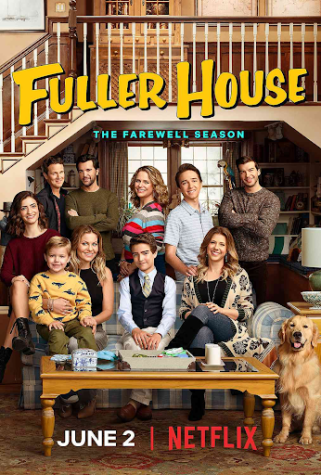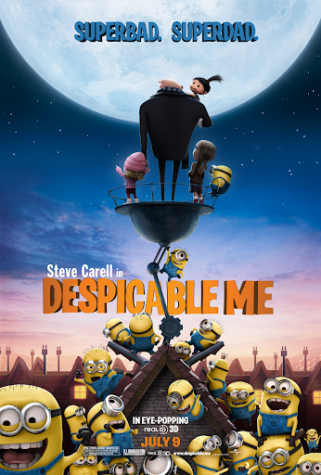Are Reboots and Sequels Successful?

Photo source: Getty Images
March 13, 2023
One thing that Hollywood always seems to enjoy is making cheesy, unoriginal reboots or sequels of successful shows and movies. The hope is to recreate the success and glamor that the originals brought to audiences (and the money it brought to those behind the scenes). While in theory, this is a good idea, fans of the movies often find that in practice, these new movies change the appeal of the original, and end up making a worse version of the first one.
While some reboots find success, most are cheaper versions of the original that leave the actors with a stagnant reputation. The creators of Full House, for example, released Fuller House on Netflix 30 years after the original, providing an opportunity for a new audience to experience the story. This was really the only success the show found, however. It was never popular among critics, similar to the original, and while it offered a continuation to the stories of the characters for the fans that was appealing at first, the excitement quickly diminished. According to Business Insider, viewership of the show fell 52% after the first season. As one of the most successful reboots on television, it had the highest single-day viewership when it was released, but every season after that saw less and less success. The show was disappointing for fans of the original, but fortunately instead found a new, younger fan base that kept the show running for five seasons.

The apparent success of the show had a limit and had downfalls for even some of the starring actors. The actors who starred in the original and the reboot arguably are now only known for this show, something that some could find positive, being linked to a show that brought them great success, but it certainly limits their range and status going forward.
Not every remake or continuation of a story has found the same, or even any, success among fans. Movies like Zoolander 2 or Jaws 2 were a general disappointment and did not bring the same appeal as the first movies did, finding it impossible to capture the same magic. That seems to be the leading issue for sequels and reboots – no matter how good the movie is, it is never as good as the first.
Fans often have an idea of what they want to happen with the character and plot. Junior Leigha Cignetti, for instance, had this experience with the sequel to the Hunger Games franchise. She thought that the sequel, which gave background information about the series, should have provided a future and life for the characters after the Hunger Games. She was disappointed with this book, soon to become a movie, and she believes that fans often have this issue. “Sequels often come far after the original,” she says, “and so fans are often disappointed by it if it does not fit their ideas of what it should be.”
Some, however, have a different opinion on sequels, believing that the two movies should be seen as separate movies and shouldn’t be compared. Ronan Culbert agrees with this, saying that “Two different pieces of art can’t be seen as the same entity.” According to him, sequels either add to the experience or not, but they cannot ruin the first movie.

There are instances where the sequels have worked, however. Franchises like Despicable Me, Creed, Spider-Man, Transformers, and Jurassic Park are all fan favorites and box-office favorites. Despicable Me, for instance, brought in $4.64 billion accumulated from box office sales to total earnings.
Not only did these movies successfully continue the storyline, but the starring actors continue to be accomplished, reputable people who have worked on many projects. Steve Carell, who worked on Despicable Me, has worked on various projects over the years, including The Office and Beautiful Boy, and continues to be one of the most successful movie actors of all time.
In short, a good reboot or sequel is 100% dependent on the original story, the creators and producers of the movie, and fans’ expectations. Whether they decide a reboot or sequel is diminishing to the first, substantially better, or just bad, fans always have the power to decide the success of a franchise.
